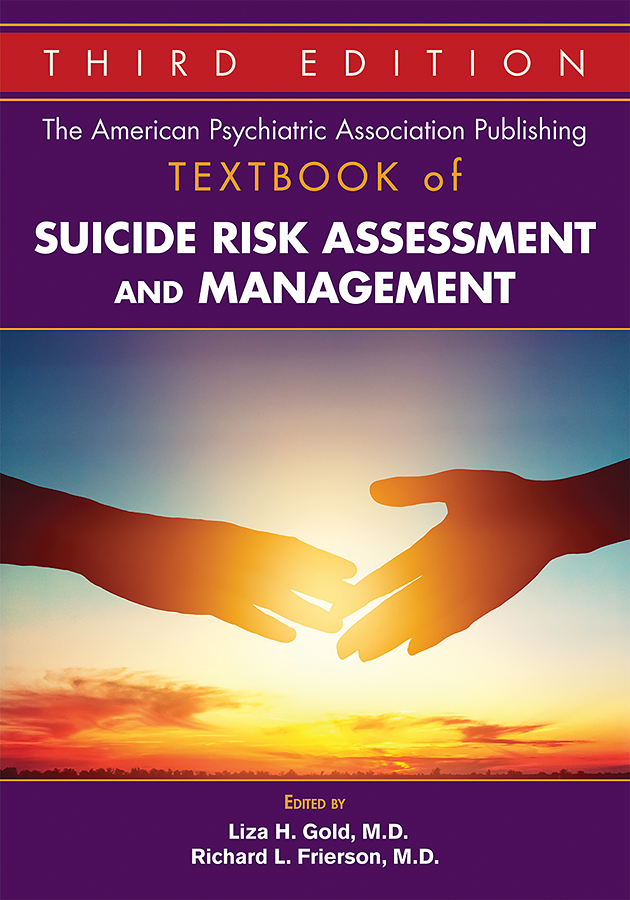Chapter 26.Physician-Assisted Dying
Sections
Excerpt
Clinicians who take care of patients near the very end of their lives might be surprised to find a chapter on physician-assisted dying (PAD) in a book, aimed at psychiatrists, about suicide risk assessment and management. In the United States, the practice of PAD, often positioned as a “palliative option of last resort,” is an intervention in which terminally ill adults with intact decisional capacity, having met certain qualification steps, may be prescribed a lethal dose of a drug, which they can choose to self-administer, in order to bring about a peaceful death.
Access content
To read the fulltext, please use one of the options below to sign in or purchase access.- Personal login
- Institutional Login
- Sign in via OpenAthens
- Register for access
-
Please login/register if you wish to pair your device and check access availability.
Not a subscriber?
PsychiatryOnline subscription options offer access to the DSM-5 library, books, journals, CME, and patient resources. This all-in-one virtual library provides psychiatrists and mental health professionals with key resources for diagnosis, treatment, research, and professional development.
Need more help? PsychiatryOnline Customer Service may be reached by emailing [email protected] or by calling 800-368-5777 (in the U.S.) or 703-907-7322 (outside the U.S.).



